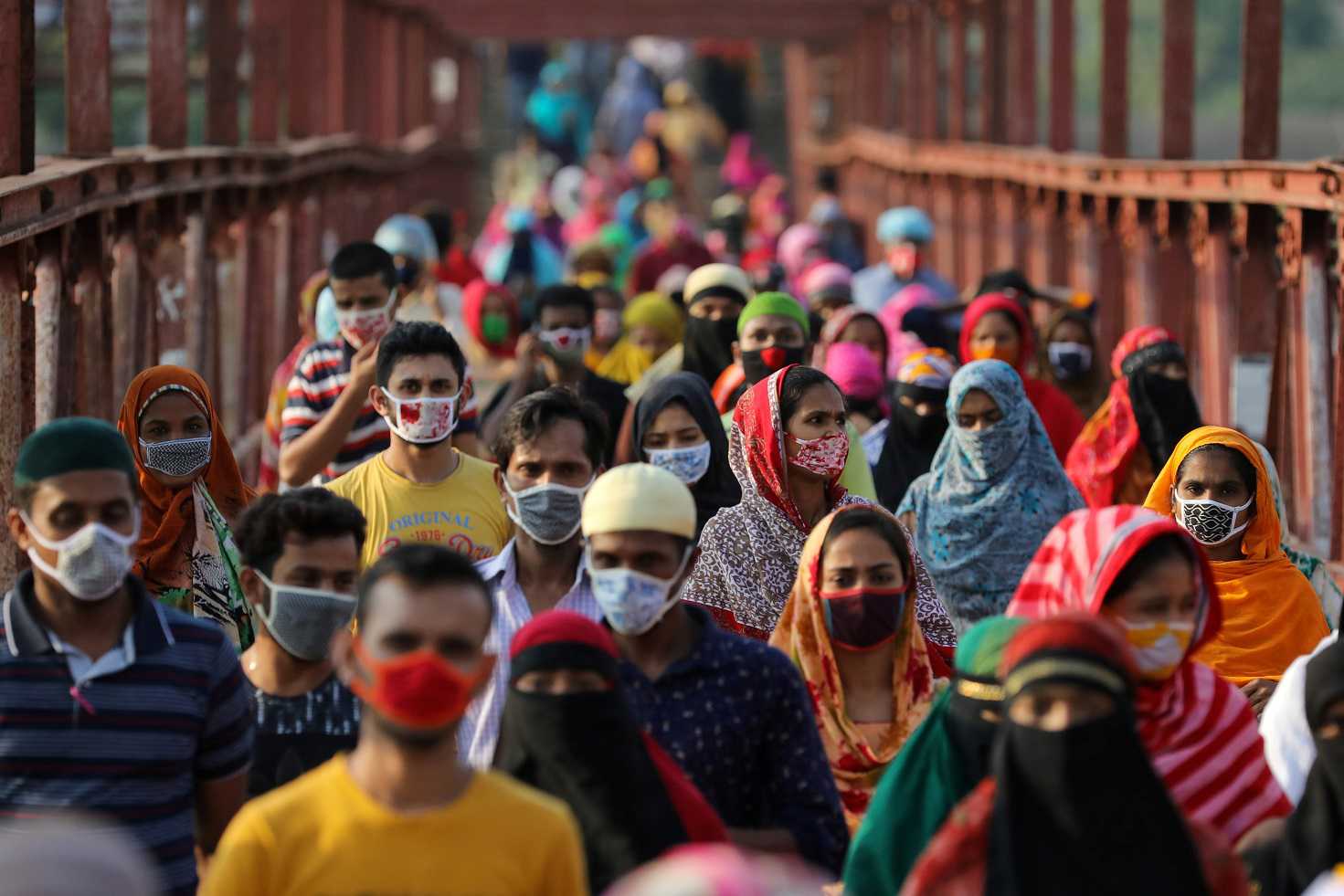Govt relooks at labour marketplace to tap potentials with qualified workers

Image collected
According to a great estimate of the Asian Advancement Lender, some 1.4 million Bangladeshis have lost their jobs
The government considers boosting the abilities of the country’s capable population and their productivity to fulfil the demand of the labour marketplaces, both at home and abroad, aiming to face the adverse impact of Covid-19 that devastated the countrywide economy.
Some 1.2 crore Bangladeshi persons are engaged in a variety of jobs in 178 countries around the world, according to the official document.
In the last a decade, 66,33,000 professional, skilled, semiskilled, and unskilled persons went to various countries taking various jobs, which is 60% of the total employment abroad.
But the Covid-19 pandemic and subsequent lockdown have badly damaged the foreign job industry and the federal government is continuing its diplomatic work to save their jobs.
Besides, the prolonged government-sponsored holidays found in the country that had were only available in the last week of March also cast a significant impact on the work market in the united states.
According to a great estimate of the Asian Creation Lender, some 1.4 million Bangladeshis have dropped their jobs.
Bangladesh enjoys a center of demographic dividend seeing as a huge capable population is included in the full total population each year.
Against this backdrop, the government has already announced stimulus plans of Tk1.03 trillion or numerous sectors from RMG to agriculture to maintain the high economical growth and create more jobs for the capable population.
As per the government document, the government offers taken various programmes with the help of development companions to skill up the manpower to ensure that they could easily get better careers bot at home and abroad.
The World Lender on June 19 approved financing the next Programmatic Jobs Development Plan Credit to supply some $250 million to Bangladesh as development policy credit.
The project aims to aid Bangladesh government’s reform programme to address the country’s job challenges by modernising the trade and investment environment, strengthening systems that protect staff and build resilience and improving policies and programmes that enhance usage of jobs for vulnerable populations, especially through the pandemic.
The Programmatic Jobs Creation Policy Credit is aimed at supporting Bangladesh to develop a stronger policy and institutional framework to handle barriers to creating more jobs for citizens, including women, youths and the vulnerable population.
To market large-scale employment in varied production sectors, the reform programme will help increase the investment environment, lift up barriers to doing business, and modernize customs and trade facilitation. The programme will also help implement amendments to the labour legislation and reform the pensions program to make certain workers are protected.
Another programme titled ‘Skills for Employment Investment Programme’ (SEIP) for providing market-responsive skill training through partnerships with open public institutes, industry associations and various other organisations, covering skill requirements on 10 industry sectors is also going on, in line with the document.
Under this program of Finance Division, some 841,680 youths will learn to build up their skills which is helpful for them to get jobs in the home and abroad. Some 428,000 youths already have their training although some 248,000 have been appointed in the jobs.
Youth Development Section is implementing a task called National Service Programme, under which youths are receiving training and being engaged found in temporary jobs.
The government has also activated National Skills Development Authority for coordinating government's various skill advancement activities.
The federal government also formed National Man Resource Development Fund for ensuring smooth financing for skill creation programmes.
Source: https://www.dhakatribune.com
Tags :
Previous Story
- Bata Shoe sinks into losses for the first...
- Ensuing recession and main economic downturns
- Dealing with the new poor and reverse migration
- Monetary policy targeted at post-pandemic financial stability
- Impacts of COVID-19 on the style industry
- Pandemic will prompt businesses to invest on digital...
- Leather goods, footwear producers downhearted by decline in...
- Bangladesh-India border trade resumes after impasse